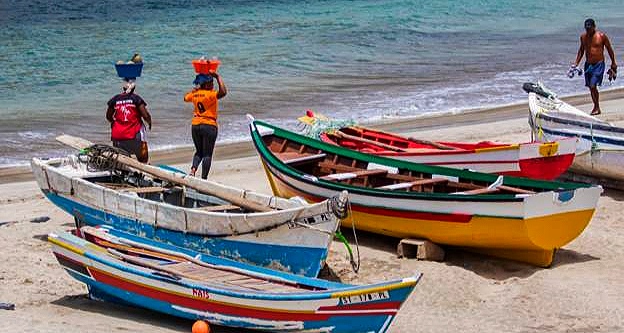By John Ikani
In a bold move to combat the effects of climate change, Portugal and Cape Verde have agreed to a groundbreaking “debt-for-nature” swap deal.
The archipelago nation, which is facing rising sea levels and significant biodiversity loss due to increasing ocean acidity, will now have the opportunity to invest in energy transition and the fight against climate change.
Under the terms of the agreement, Cape Verde will be able to redirect its debt repayments, totaling around 140 million euros ($152 million) to the Portuguese state and over 400 million euros to its banks and other entities, towards an environmental and climate fund.
Initially, 12 million euros of debt repayments scheduled until 2025 will be put in the fund, with the ultimate goal of redirecting the entire amount towards the fund.
“This is a new seed that we sow in our future cooperation,” said Portuguese Prime Minister Antonio Costa. “Climate change is a challenge that takes place on a global scale and no country will be (environmentally) sustainable if all countries are not sustainable.”
The deal also has the potential to generate “green and blue bonds” to finance conservation efforts on land and at sea, which are becoming increasingly popular among investors looking to meet net-zero carbon emissions and other environmental goals.
Cape Verde Prime Minister Ulisses Correia e Silva also emphasized the importance of the deal, saying that his country needs to “urgently enable mechanisms and financing instruments to support such solutions and deal with natural emergencies.”
The innovative “debt-for-nature” swap deal serves as a shining example of how countries can work together to combat the effects of climate change and promote sustainable development.
With more and more nations facing the impacts of rising sea levels and biodiversity loss, the need to explore innovative solutions to address climate change cannot be overemphasized.




































